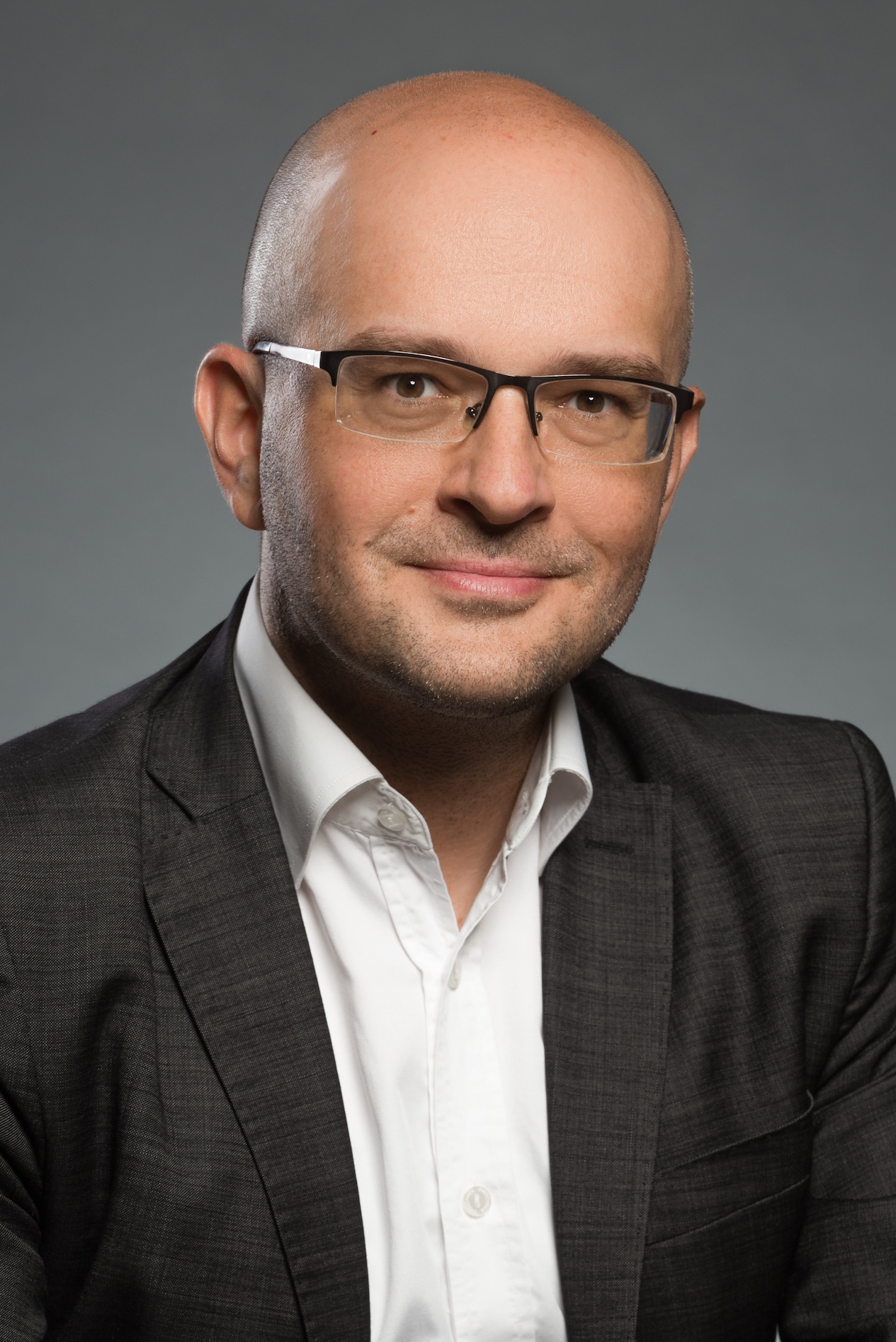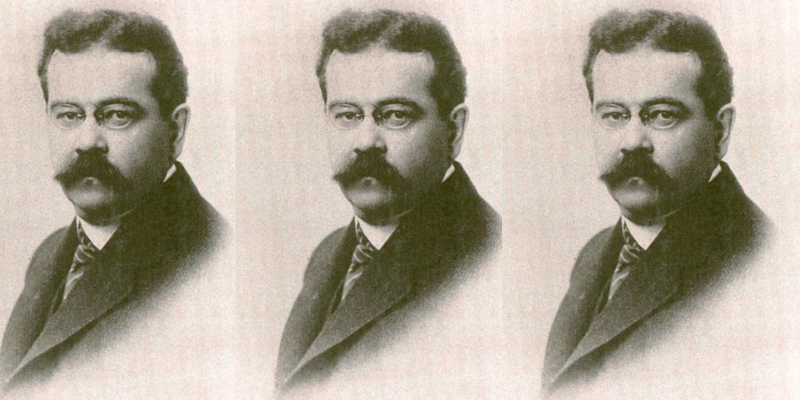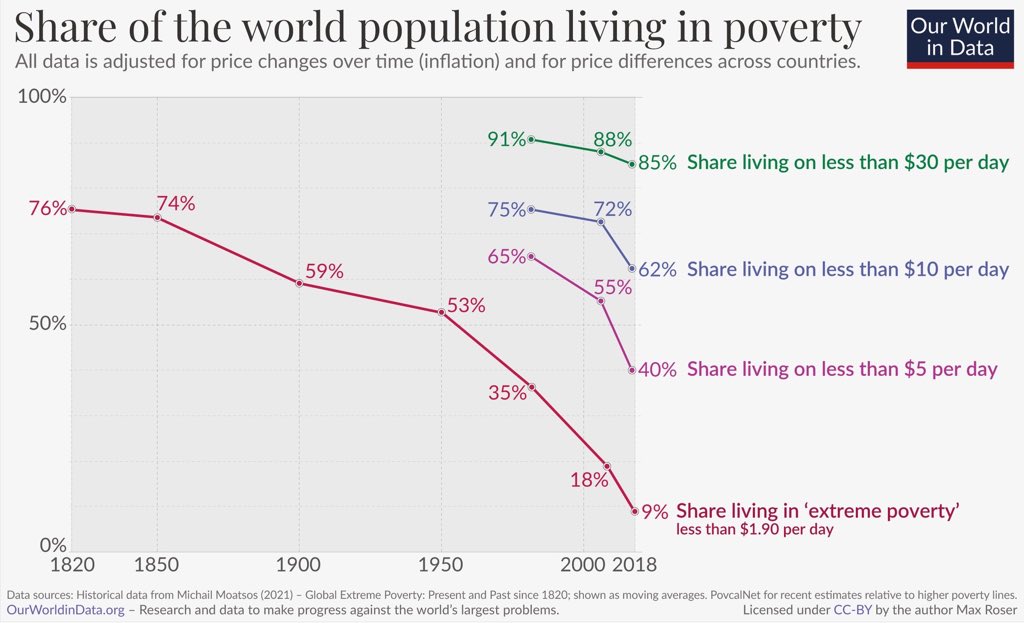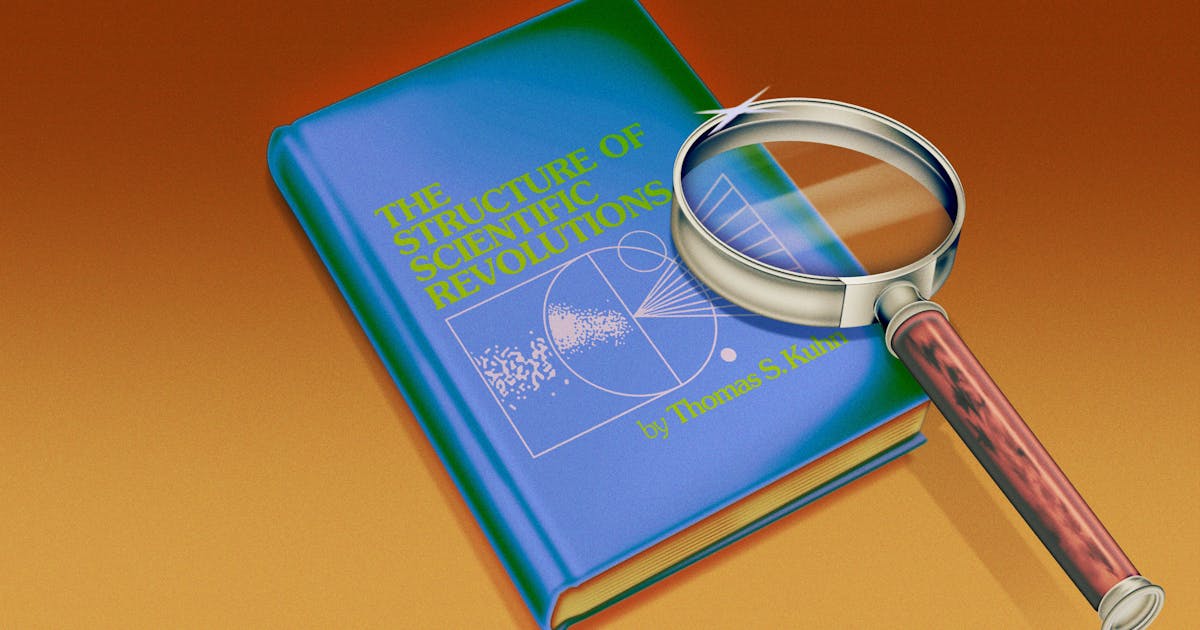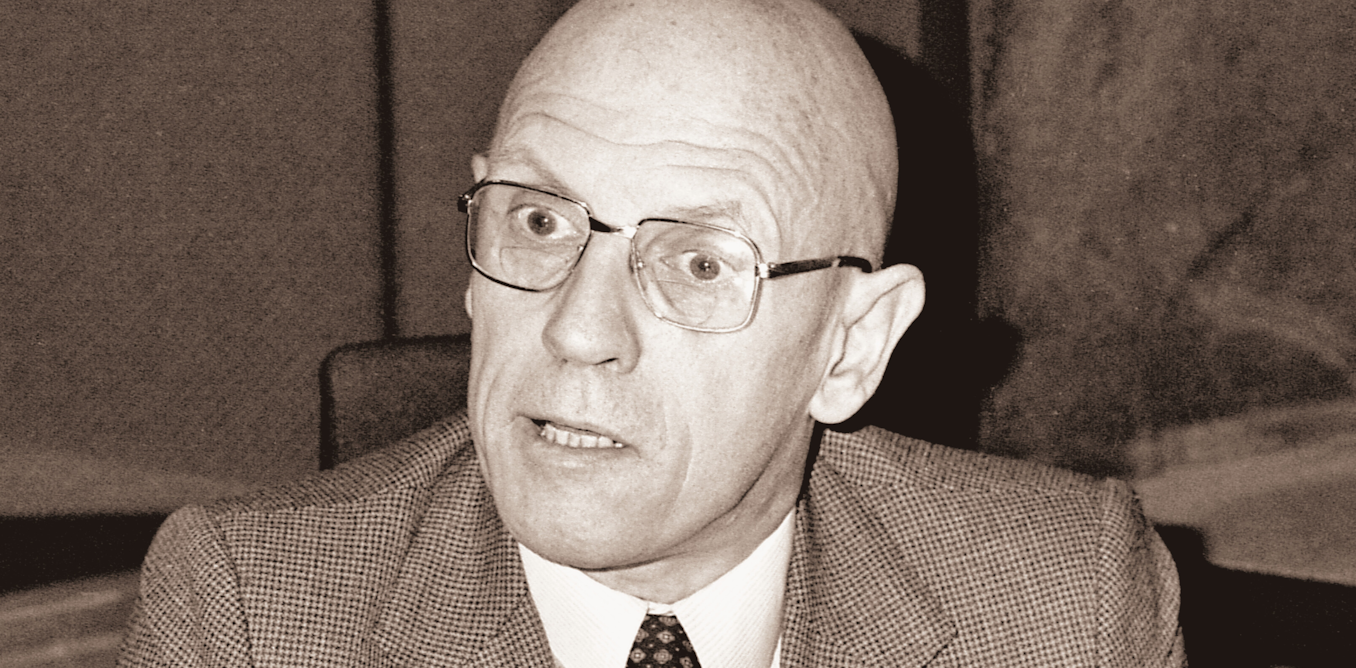The Uses and Misuses of Spinoza

 www.thenation.com
www.thenation.com
The beguiling Dutch philosopher’s life and work is prone to misunderstandings and misreadings. A recent biography goes so far as to recruit him into the culture war...
- - - - - - - - - - - - - -
What does music have to do with imagination?

 junkyardofthemind.com
junkyardofthemind.com
In this short piece, I want to explore places in which imagination may play a role in enjoying, perceiving, and producing music. Far from aiming to be an exhaustive treatment of where and how imagination could be at play in the musical realm, this piece aims to reflect on where philosophical studies of imagination may be enlightening for philosophical research on music.
- - - - - - - - - - - - - -
The dark side of the energy transition

 iai.tv
iai.tv
In the quest for a sustainable energy transition, the debate is split between two main camps: technical innovation and behavioural change. What the both miss, argues Franco Ruzzenenti, is that increased efficiency can paradoxically lead to higher energy consumption. In this piece, Ruzzenenti puts forward a manifesto for the energy transition, arguing that efficiency is not the saviour we once thought.
- - - - - - - - - - - - - -
The Danger Of Superhuman AI Is Not What You Think

 www.noemamag.com
www.noemamag.com
I had thought it was a fairly obvious — even trivial — observation that human intelligence cannot be reduced to these tasks, which can be executed by tools that even Bengio admits are as mindless, as insensible to the world of living and feeling, as your toaster. But he seemed to be insisting that human intelligence could be reduced to these operations — that we ourselves are no more than task optimization machines. I realized then, with shock, that our disagreement was not about the capabilities of machine learning models at all. It was about the capabilities of human beings, and what descriptions of those capabilities we can and should license.
- - - - - - - - - - - - - -
Stop Trying to Understand Kafka

Franz Kafka wasn’t a rabbi, exactly, but he is the high priest of 20th-century literature, and he also wrote in parables. In a brief one called “On Parables,” he asks, in effect, what they’re good for. Why do sages feel obliged to illustrate their principles with tales, requiring their listeners to, as he puts it, “go over” to another world? Kafka answers: The sages don’t mean that we should go to “some actual place,” but rather to “some fabulous yonder, something unknown to us, something too that he cannot designate more precisely, and therefore cannot help us here in the least.” In short, even the sage can’t articulate the meaning of his own parables, and so they’re useless to us. “All these parables really set out to say merely that the incomprehensible is incomprehensible.”
- - - - - - - - - - - - - -
PAPER: Studying and improving reasoning in humans and machines
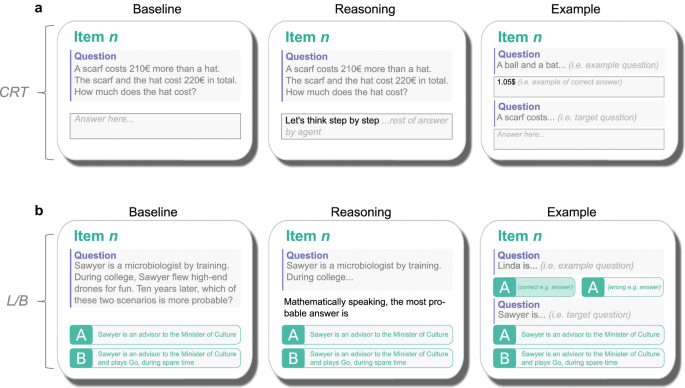
 www.nature.com
www.nature.com
ABSTRACT: In the present study, we investigate and compare reasoning in large language models (LLMs) and humans, using a selection of cognitive psychology tools traditionally dedicated to the study of (bounded) rationality. We presented to human participants and an array of pretrained LLMs new variants of classical cognitive experiments, and cross-compared their performances. Our results showed that most of the included models presented reasoning errors akin to those frequently ascribed to error-prone, heuristic-based human reasoning. Notwithstanding this superficial similarity, an in-depth comparison between humans and LLMs indicated important differences with human-like reasoning, with models’ limitations disappearing almost entirely in more recent LLMs’ releases. Moreover, we show that while it is possible to devise strategies to induce better performance, humans and machines are not equally responsive to the same prompting schemes. We conclude by discussing the epistemological implications and challenges of comparing human and machine behavior for both artificial intelligence and cognitive psychology.
- - - - - - - - - - - - - -
Why the ancient philosophy of stoicism is having a modern revival

 www.wbur.org
www.wbur.org
INTRO: The Greco-Roman philosophy of stoicism is having a moment. Through wisdom, temperance, courage and justice you can create a virtuous, well-lived life. But have modern-day stoics got it right? Today, On Point: Why the ancient philosophy of stoicism is having a modern revival.
GUESTS:
Margaret Graver, professor in classics at Dartmouth College.
Nancy Sherman, professor of philosophy at Georgetown University.
Also Featured
Ryan Holiday, author, businessman and podcaster.
Ryan Mulkowsky, former pastor, current hospice chaplain and bereavement coordinator, mental health therapist.
John Knighton, co-founder of the Redwood Stoa.
- - - - - - - - - - - - - -
Reverse Turing Test Experiment with AIs
A group of advanced AIs try to figure out who among them is the human. Experiment I made in Unity.
VIDEO LINK: Reverse Turing Test Experiment with AIs

The Uses and Misuses of Spinoza
The beguiling Dutch philosopher’s life and work is prone to misunderstandings and misreadings. A recent biography goes so far as to recruit him into the culture war.
 www.thenation.com
www.thenation.com
The beguiling Dutch philosopher’s life and work is prone to misunderstandings and misreadings. A recent biography goes so far as to recruit him into the culture war...
- - - - - - - - - - - - - -
What does music have to do with imagination?

What does music have to do with imagination? — The Junkyard
A post by Giulia Lorenzi What does music have to do with imagination? At a first glance, it may appear that music does not have much to do with imagination and imagining. After all, when we are presented with a musical piece, we encounter a complex perceptual entity constructed and structured in a
In this short piece, I want to explore places in which imagination may play a role in enjoying, perceiving, and producing music. Far from aiming to be an exhaustive treatment of where and how imagination could be at play in the musical realm, this piece aims to reflect on where philosophical studies of imagination may be enlightening for philosophical research on music.
- - - - - - - - - - - - - -
The dark side of the energy transition

The dark side of the energy transition: How efficiency leads us astray | Franco Ruzzenenti
In the quest for a sustainable energy transition, the debate is split between two main camps: technical innovation and behavioural change. What the both miss, argues Franco Ruzzenenti, is that increased efficiency can paradoxically lead to higher energy consumption. In this piece, Ruzzenenti...
In the quest for a sustainable energy transition, the debate is split between two main camps: technical innovation and behavioural change. What the both miss, argues Franco Ruzzenenti, is that increased efficiency can paradoxically lead to higher energy consumption. In this piece, Ruzzenenti puts forward a manifesto for the energy transition, arguing that efficiency is not the saviour we once thought.
- - - - - - - - - - - - - -
The Danger Of Superhuman AI Is Not What You Think

The Danger Of Superhuman AI Is Not What You Think | NOEMA
The rhetoric over “superhuman” AI implicitly erases what’s most important about being human.
I had thought it was a fairly obvious — even trivial — observation that human intelligence cannot be reduced to these tasks, which can be executed by tools that even Bengio admits are as mindless, as insensible to the world of living and feeling, as your toaster. But he seemed to be insisting that human intelligence could be reduced to these operations — that we ourselves are no more than task optimization machines. I realized then, with shock, that our disagreement was not about the capabilities of machine learning models at all. It was about the capabilities of human beings, and what descriptions of those capabilities we can and should license.
- - - - - - - - - - - - - -
Stop Trying to Understand Kafka

Franz Kafka wasn’t a rabbi, exactly, but he is the high priest of 20th-century literature, and he also wrote in parables. In a brief one called “On Parables,” he asks, in effect, what they’re good for. Why do sages feel obliged to illustrate their principles with tales, requiring their listeners to, as he puts it, “go over” to another world? Kafka answers: The sages don’t mean that we should go to “some actual place,” but rather to “some fabulous yonder, something unknown to us, something too that he cannot designate more precisely, and therefore cannot help us here in the least.” In short, even the sage can’t articulate the meaning of his own parables, and so they’re useless to us. “All these parables really set out to say merely that the incomprehensible is incomprehensible.”
- - - - - - - - - - - - - -
PAPER: Studying and improving reasoning in humans and machines

Studying and improving reasoning in humans and machines - Communications Psychology
Some large language models show reasoning errors akin to humans in cognitive bias tasks. However, humans and models respond differently to prompting strategies, highlighting differences in cognitive processing.
ABSTRACT: In the present study, we investigate and compare reasoning in large language models (LLMs) and humans, using a selection of cognitive psychology tools traditionally dedicated to the study of (bounded) rationality. We presented to human participants and an array of pretrained LLMs new variants of classical cognitive experiments, and cross-compared their performances. Our results showed that most of the included models presented reasoning errors akin to those frequently ascribed to error-prone, heuristic-based human reasoning. Notwithstanding this superficial similarity, an in-depth comparison between humans and LLMs indicated important differences with human-like reasoning, with models’ limitations disappearing almost entirely in more recent LLMs’ releases. Moreover, we show that while it is possible to devise strategies to induce better performance, humans and machines are not equally responsive to the same prompting schemes. We conclude by discussing the epistemological implications and challenges of comparing human and machine behavior for both artificial intelligence and cognitive psychology.
- - - - - - - - - - - - - -
Why the ancient philosophy of stoicism is having a modern revival

Why the ancient philosophy of stoicism is having a modern revival
The Greco-Roman philosophy of stoicism is having a moment. Through wisdom, temperance, courage and justice you can create a virtuous, well-lived life. But have modern day stoics got it right?
INTRO: The Greco-Roman philosophy of stoicism is having a moment. Through wisdom, temperance, courage and justice you can create a virtuous, well-lived life. But have modern-day stoics got it right? Today, On Point: Why the ancient philosophy of stoicism is having a modern revival.
GUESTS:
Margaret Graver, professor in classics at Dartmouth College.
Nancy Sherman, professor of philosophy at Georgetown University.
Also Featured
Ryan Holiday, author, businessman and podcaster.
Ryan Mulkowsky, former pastor, current hospice chaplain and bereavement coordinator, mental health therapist.
John Knighton, co-founder of the Redwood Stoa.
- - - - - - - - - - - - - -
Reverse Turing Test Experiment with AIs
A group of advanced AIs try to figure out who among them is the human. Experiment I made in Unity.
VIDEO LINK: Reverse Turing Test Experiment with AIs




